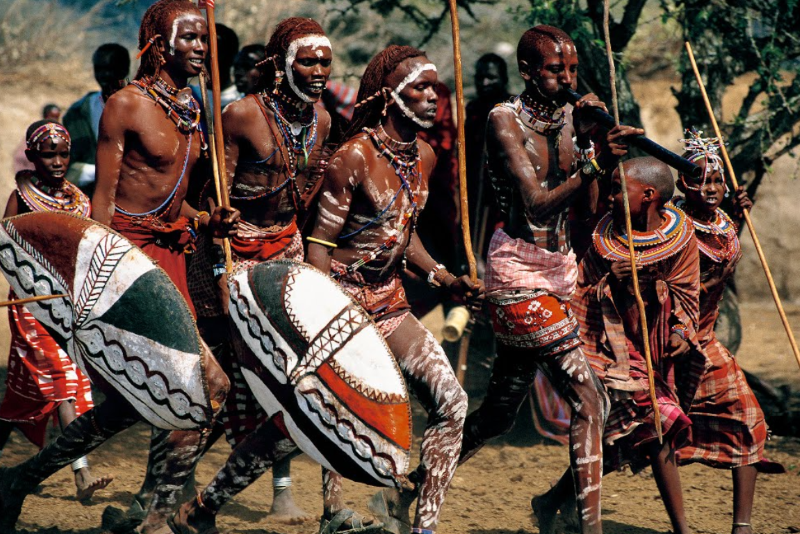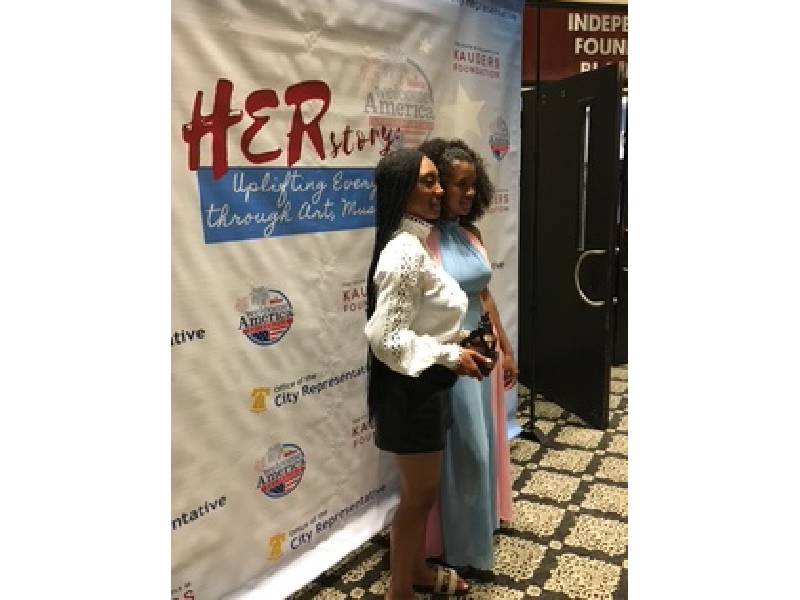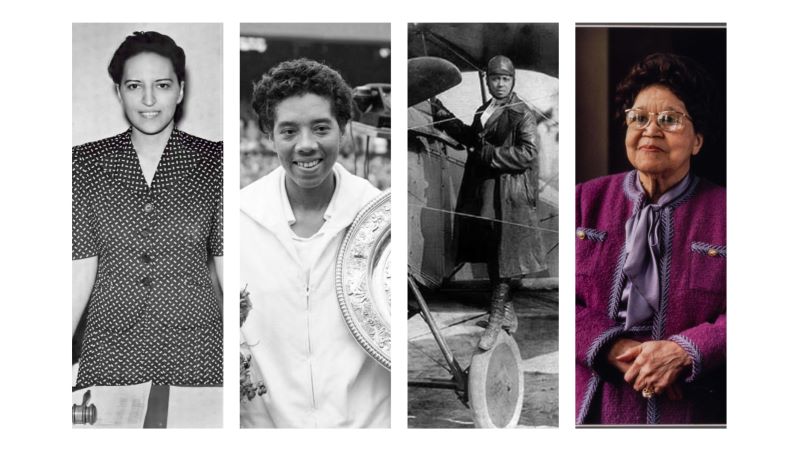Charging Maasai warriors. Source: Google Arts & Culture, Copyright Carol Beckwith & Angela Fisher
Transitioning from childhood to adulthood is a critical period in the life of every African man, preparing them for that important stage where they not only become socially integrated into society but also ensure that the values, cultures, and norms of the society are sustained from generation to generation, which is crucial as part of the process inculcated into the rites of passage.
As described by the National Library of Medicine, “A rite of passage is an event or ceremony practiced within different cultural groups, especially among indigenous African people, to mark an important transition in life. It is an important stage that is celebrated at birth, the transition from childhood to adulthood, and during more stages”.
Often involving a series of physical and some in instances spiritual activities, young African men are psychologically prepared and physically prepared long before they embrace adulthood and are assigned much larger significant roles within the community.
A classic example is the Kenyan Massai tribe which practices three rites of passage, Enkipaata, Eunoto, and Olng’esherr. Each rite indicates the men’s developmental progress right to the point where they achieve elder status within the community.
The Erikipaata right of passage is the transition from boyhood to Moran – which is the Massai language for a young warrior, the next stage which is the Eunoto rites of passage is the transition from moran status to full-fledged adults of the community, and the Olng’esherr rites of passage finally confers on them the eldership status within the community.
Like other African cultures, the rites of passage function as a form of support and security for young African men, guiding them through life’s journey and helping them prioritize the roles and responsibilities expected of their community and society.
As young African men, being confronted with the changes and uncertainty that life presents can prove daunting. For many, this critical stage requires the presence of a mentor and guide to offer them a sense of identity and a clear path to their roles in society.
This generational exchange not only strengthens the communal bond but also provides clear guides and role models for young African men to look up to and learn from, and imbibe the same norms, culture, and attitudes that have sustained their communities over the years.
A clear understanding of their place in the community is crucial in building a sustainable society from generation to generation and preserving the historical identity that is associated with their people and culture.
In these times, technology and exposure to the modern world have infiltrated several cultures in Africa and limited certain practices such as the hunting of Lions or other wildlife which was part of the rituals expected to be performed before the rites of passage ceremony, and a requirement for the testing of manhood and acceptance into the gathering of one’s peers, the importance of such processes have not been lost but reformed to still serve the purpose of shaping the development of African men and ensuring a more sustainable society is built through generations.

Okechukwu Nzeribe works with the Onitsha Chamber of Commerce, in Anambra State, Nigeria, and loves unveiling the richness of African cultures. okechukwu.onicima@gmail.com





